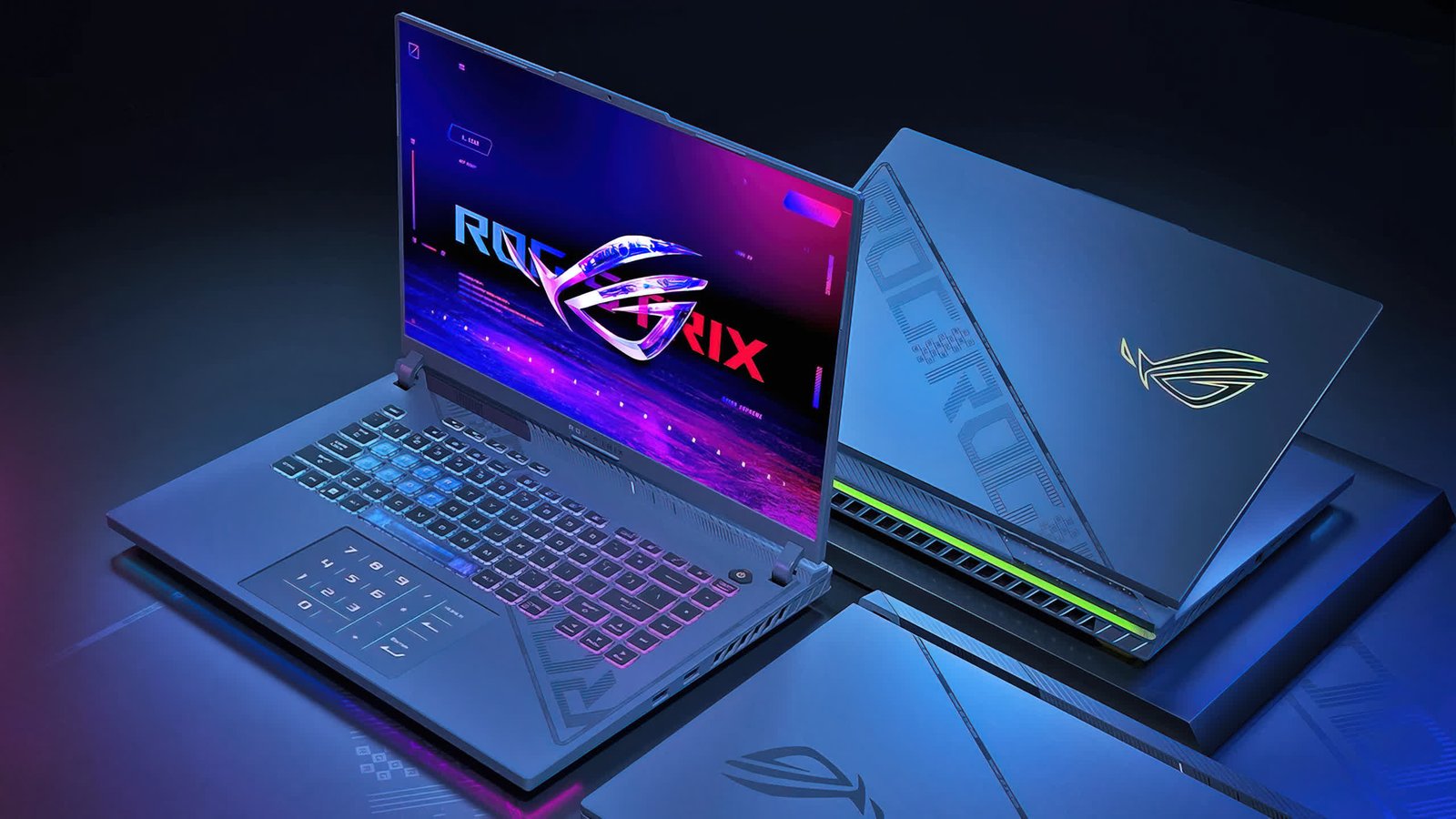Facepalm: The instability issues plaguing the 13th and 14th-generation Intel Core CPUs were initially only reported in high-end consumer desktops. However, recent information suggests that processors from these series are also crashing at alarming rates in other devices, such as laptops. Chipzilla is investigating the issue but hasn’t released an official statement in over a month.
Shortly after blasting Intel for the high failure rate of the company’s recent CPUs, Alderon Games claims laptops running on Raptor Lake chips are no exception. The revelation suggests that the problem is far more widespread than previously known.
Company founder Matthew Cassells didn’t specify which Intel laptop CPUs were crashing but admitted they failed slightly less often than other form factors. The earliest reports centered on Core i9 and i7 desktop processors, but it now seems no 13th or 14th-gen product is safe.

Most of the reported crashes occurred while running games – many using Unreal Engine 5 – but other CPU-intensive tasks like Handbrake or Cinebench are also affected. Cassells recently suggested that Intel should recall the affected CPUs, reporting instability in players’ crash reports, servers, workstations, and benchmarking tools that wreaked havoc on Alderon’s operations.
Furthermore, YouTuber Level1Techs recently shared data indicating similar problems in almost half of game servers that pair W680 chipsets with Raptor Lake Core i9 CPUs. The broad spread of affected product tiers suggests that the issue might lie with the LGA 1700 socket.
Intel’s last statement came in late June when it provided recommended BIOS settings to limit voltages, which alleviated the problem for consumers but didn’t address it entirely. Excessive default overclocking from some motherboard manufacturers might be partially to blame, but reports of crashes continue to emerge weeks after users began underclocking.

A recent update from Intel also fixed an eTVB microcode algorithm glitch, briefly leading observers to believe this was the source of the issue. Unfortunately, the company later confirmed that it merely discovered and resolved the issue amid its ongoing investigation into the instability problems.
Comments like those from Cassells are likely increasing the pressure on Intel as it prepares to launch new generations of CPUs later this year. Lunar Lake laptop processors are expected to arrive in September, with Arrow Lake coming the following month. If the problem lies with LGA 1700 or its platform, Arrow Lake might be safe, as it will rely on an all-new LGA 1851 socket.





